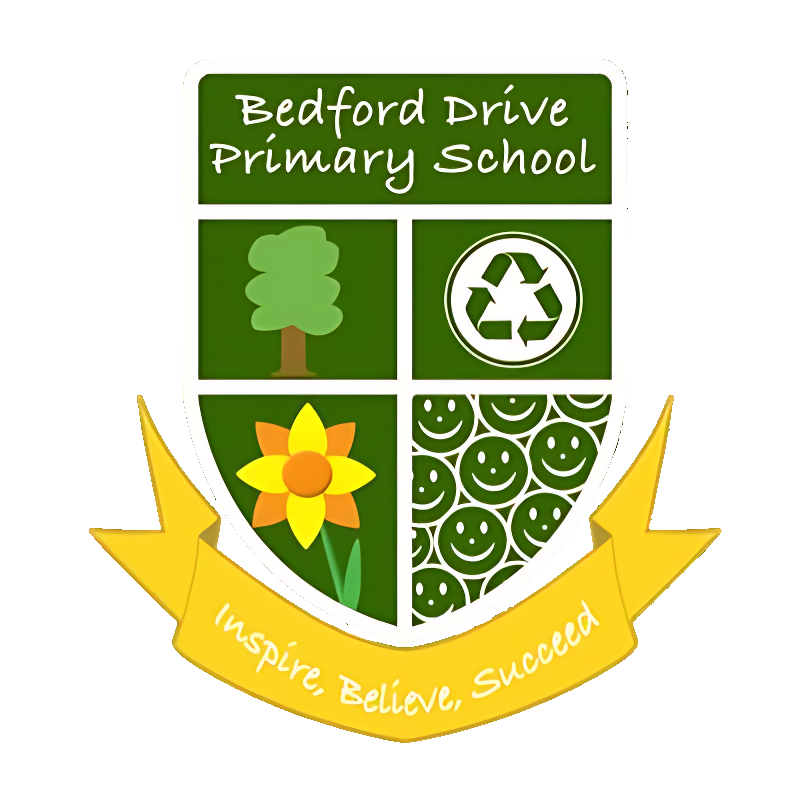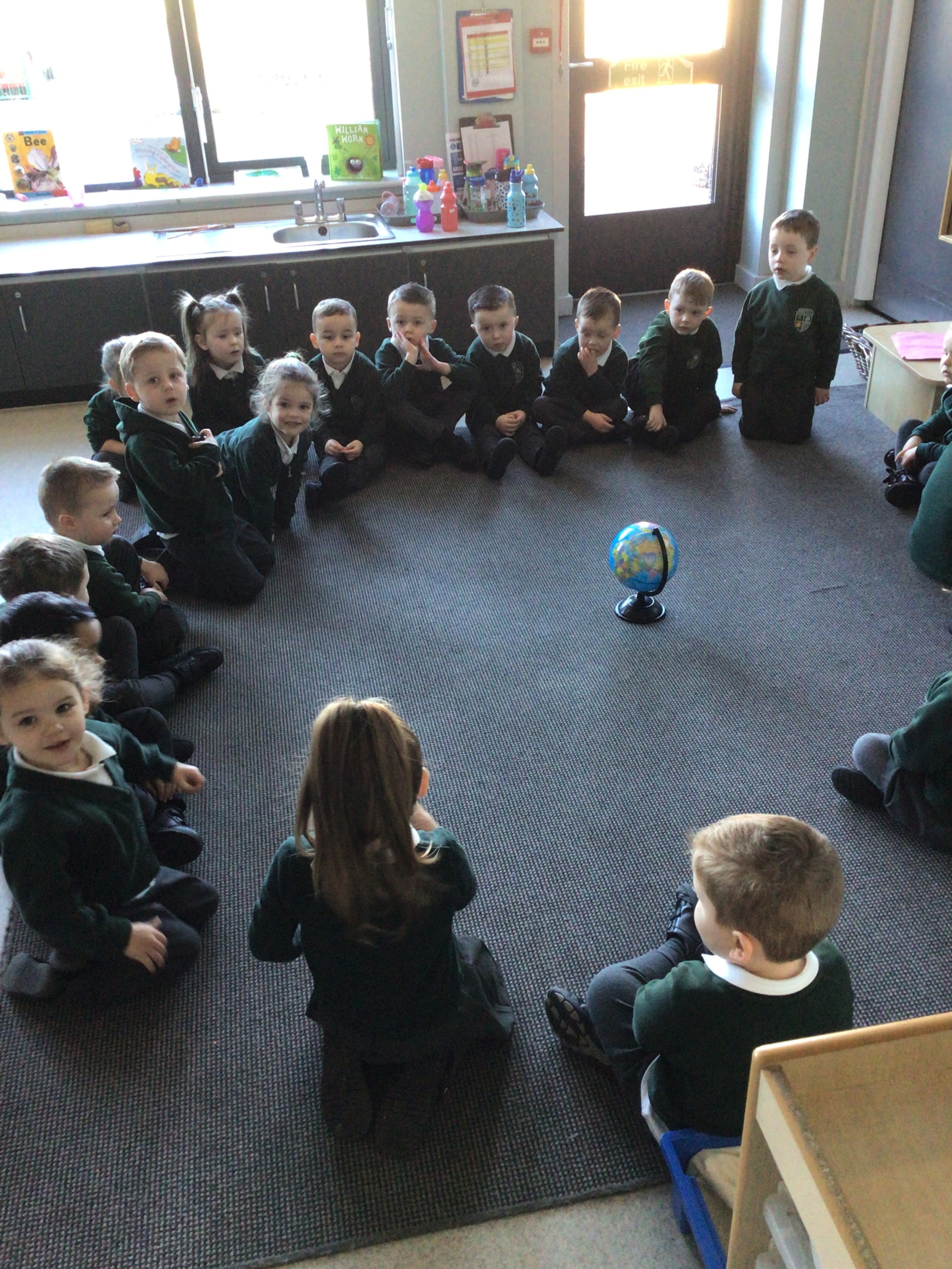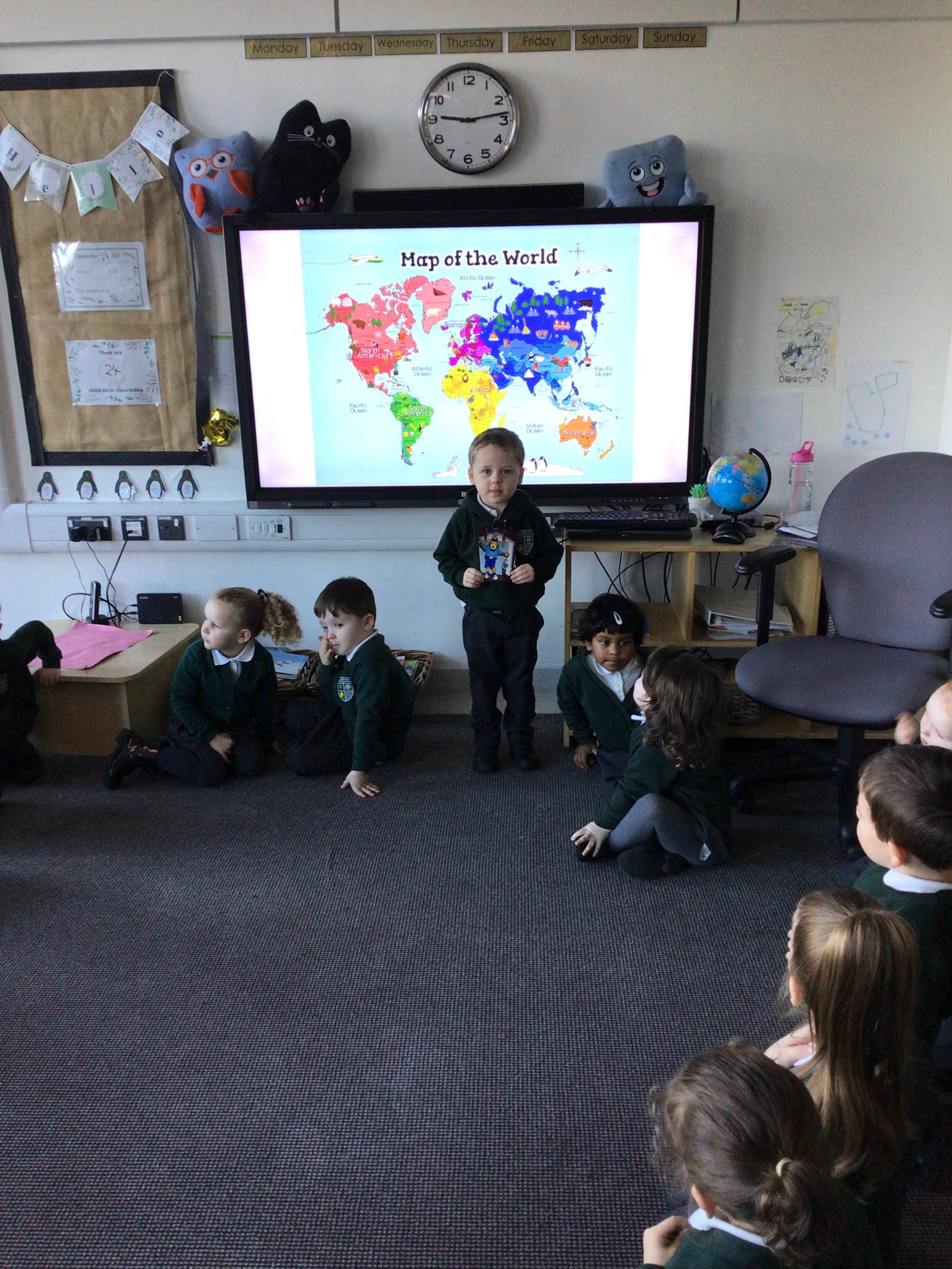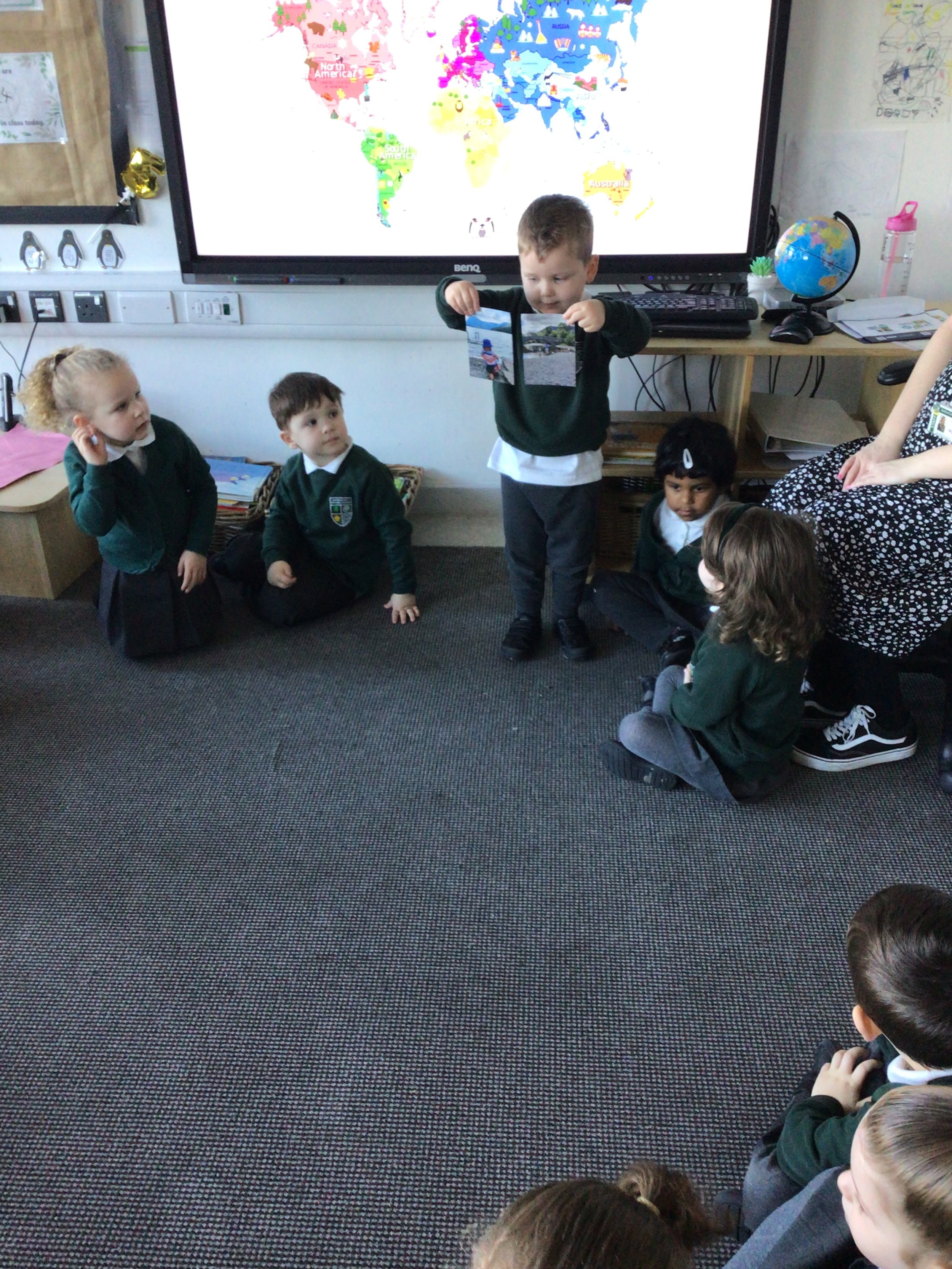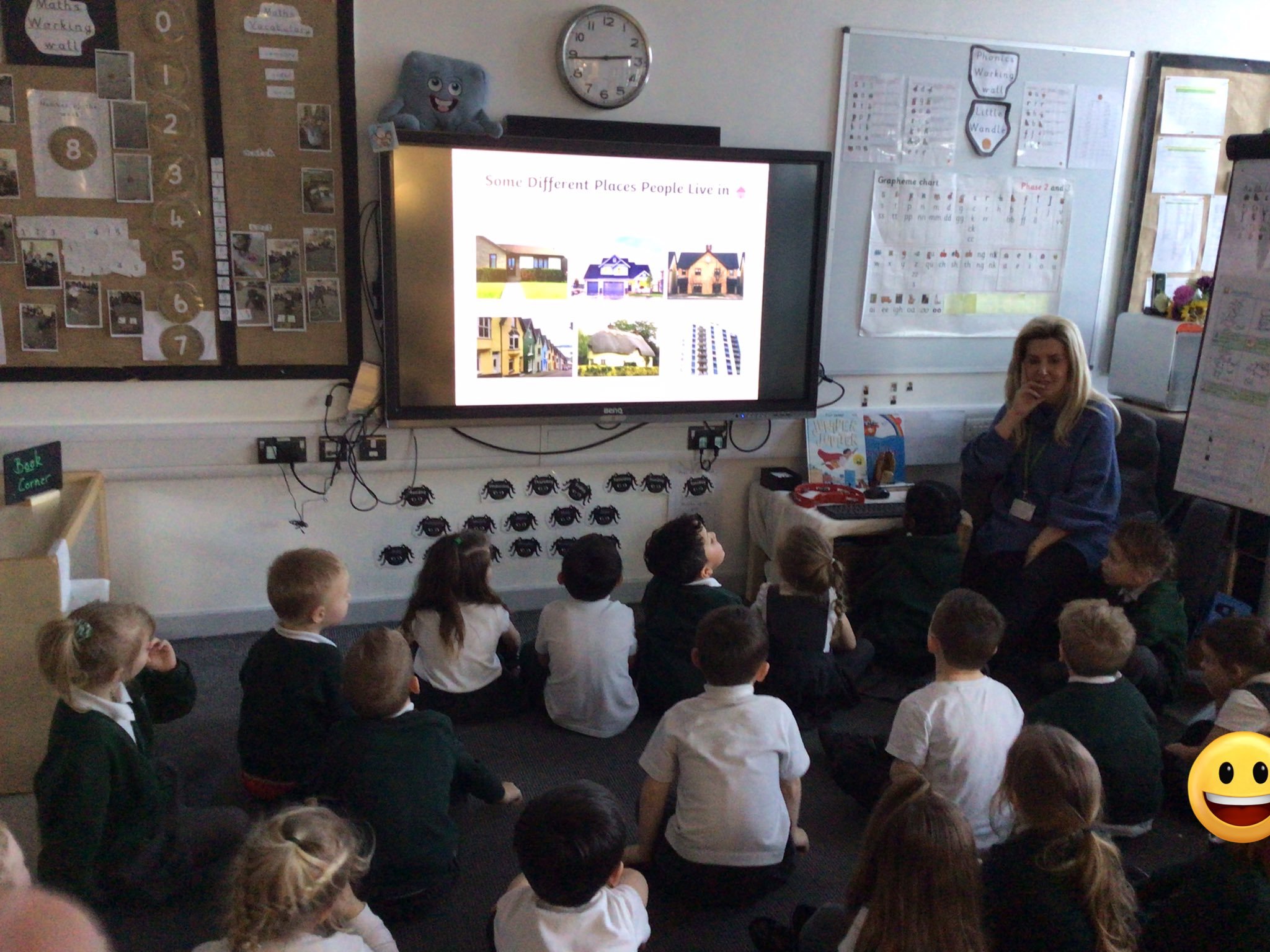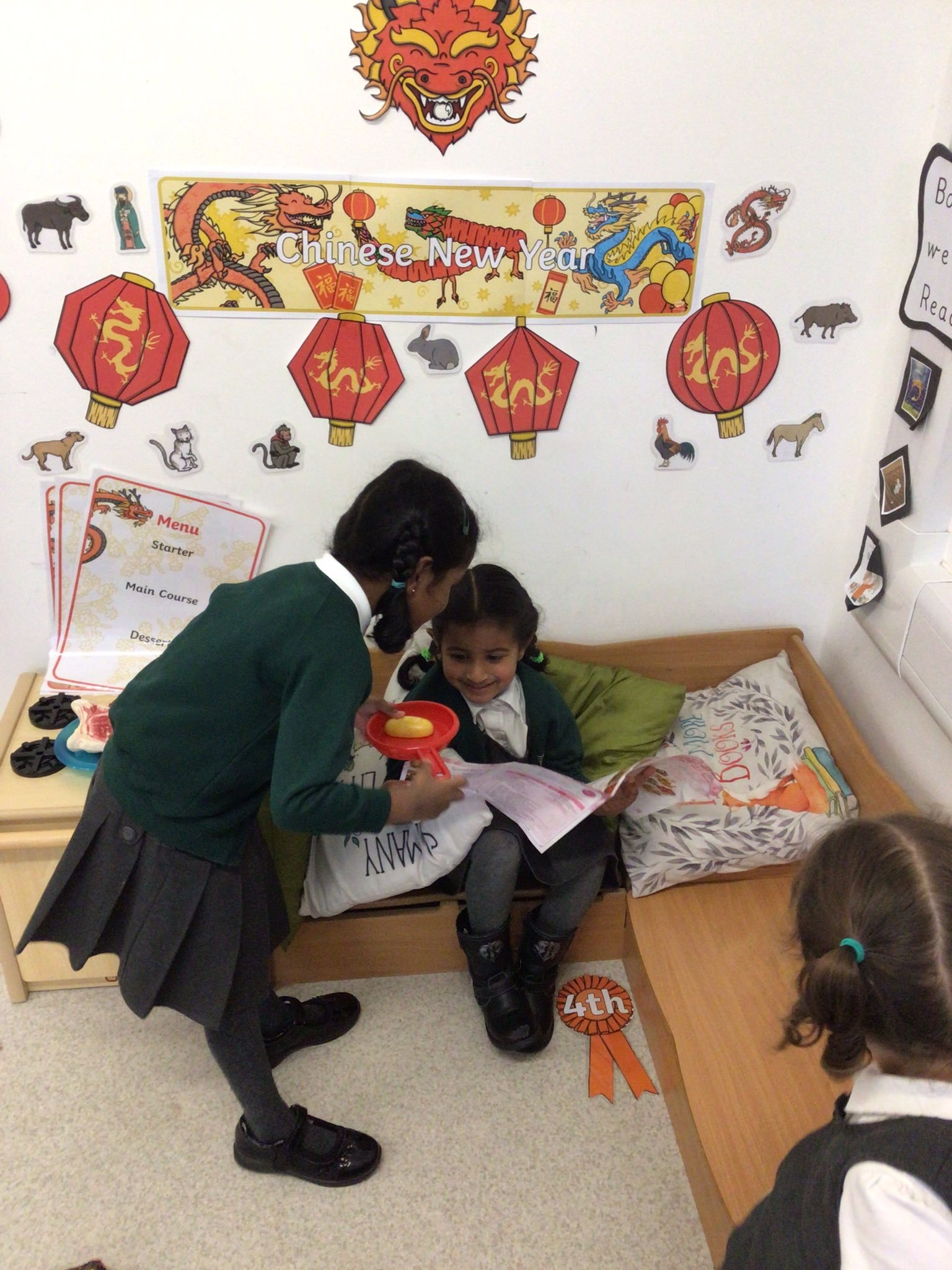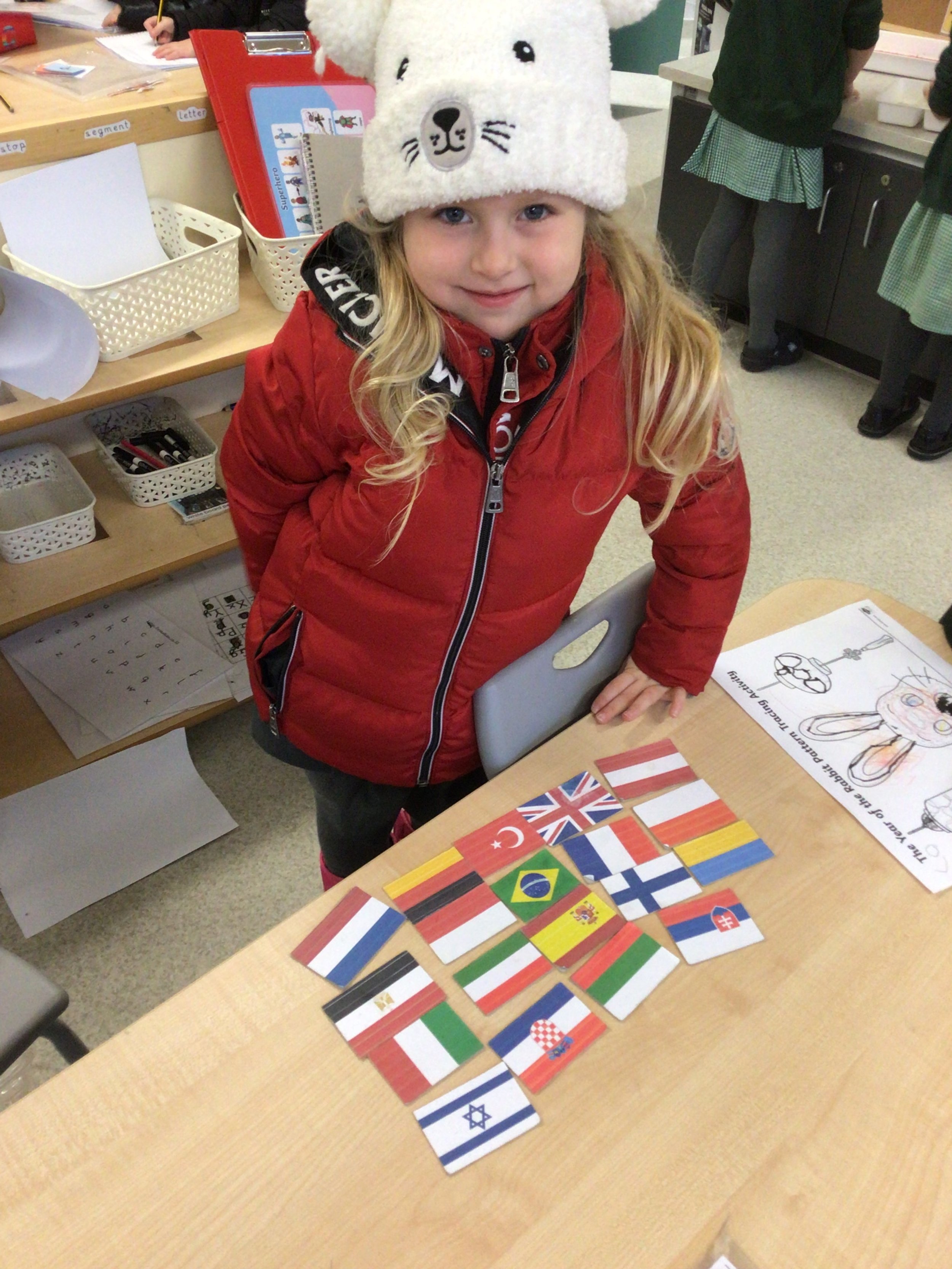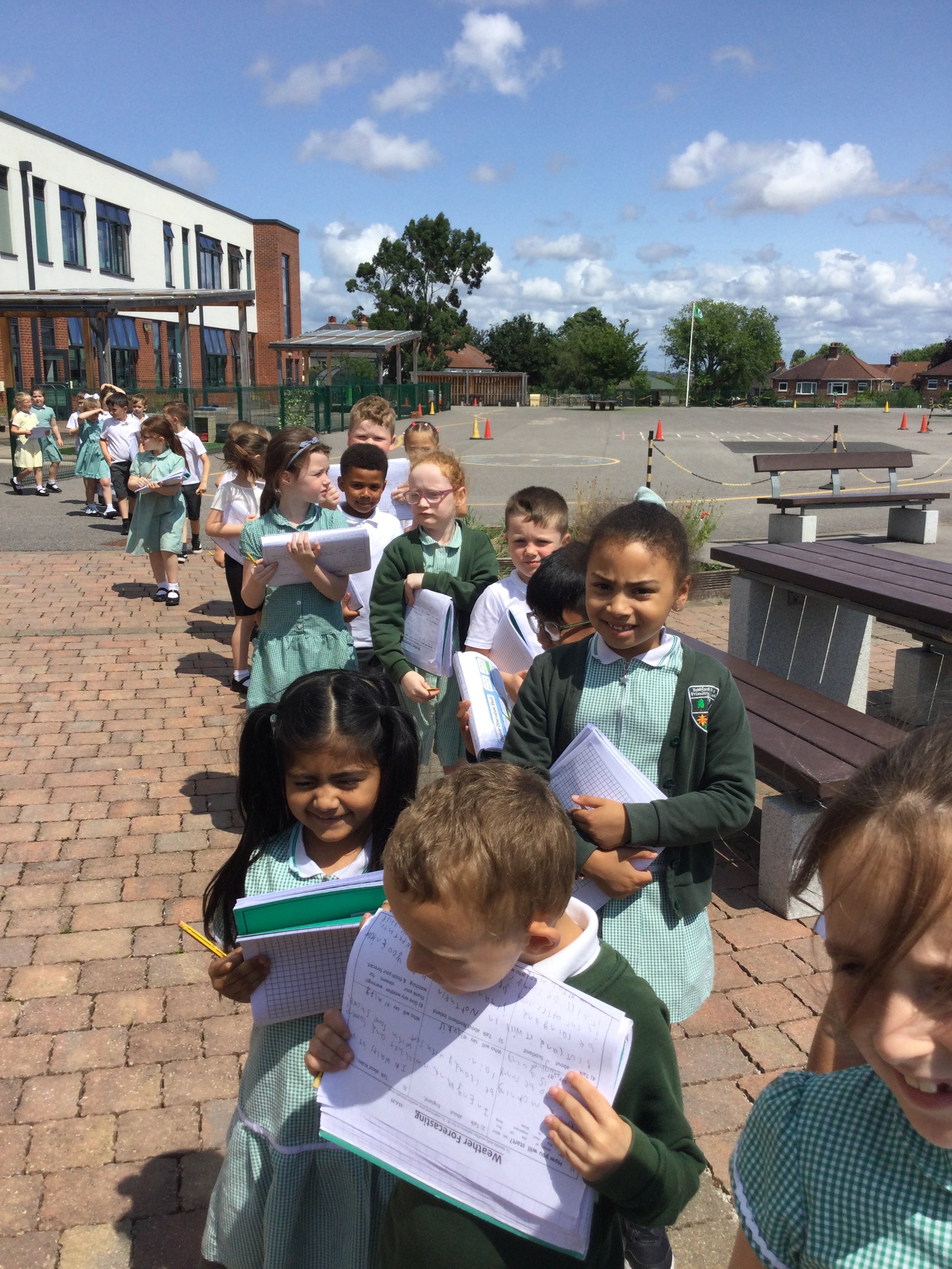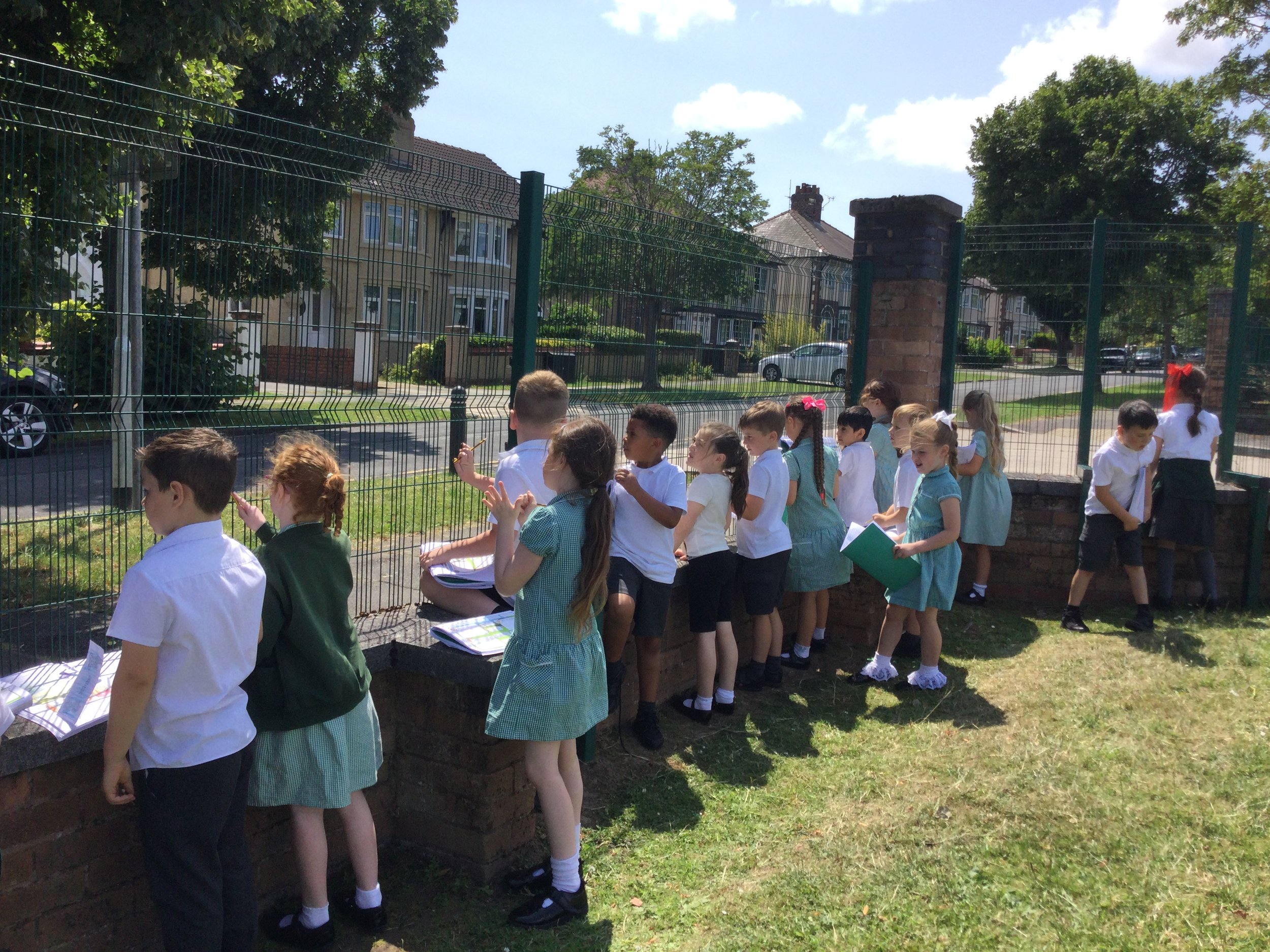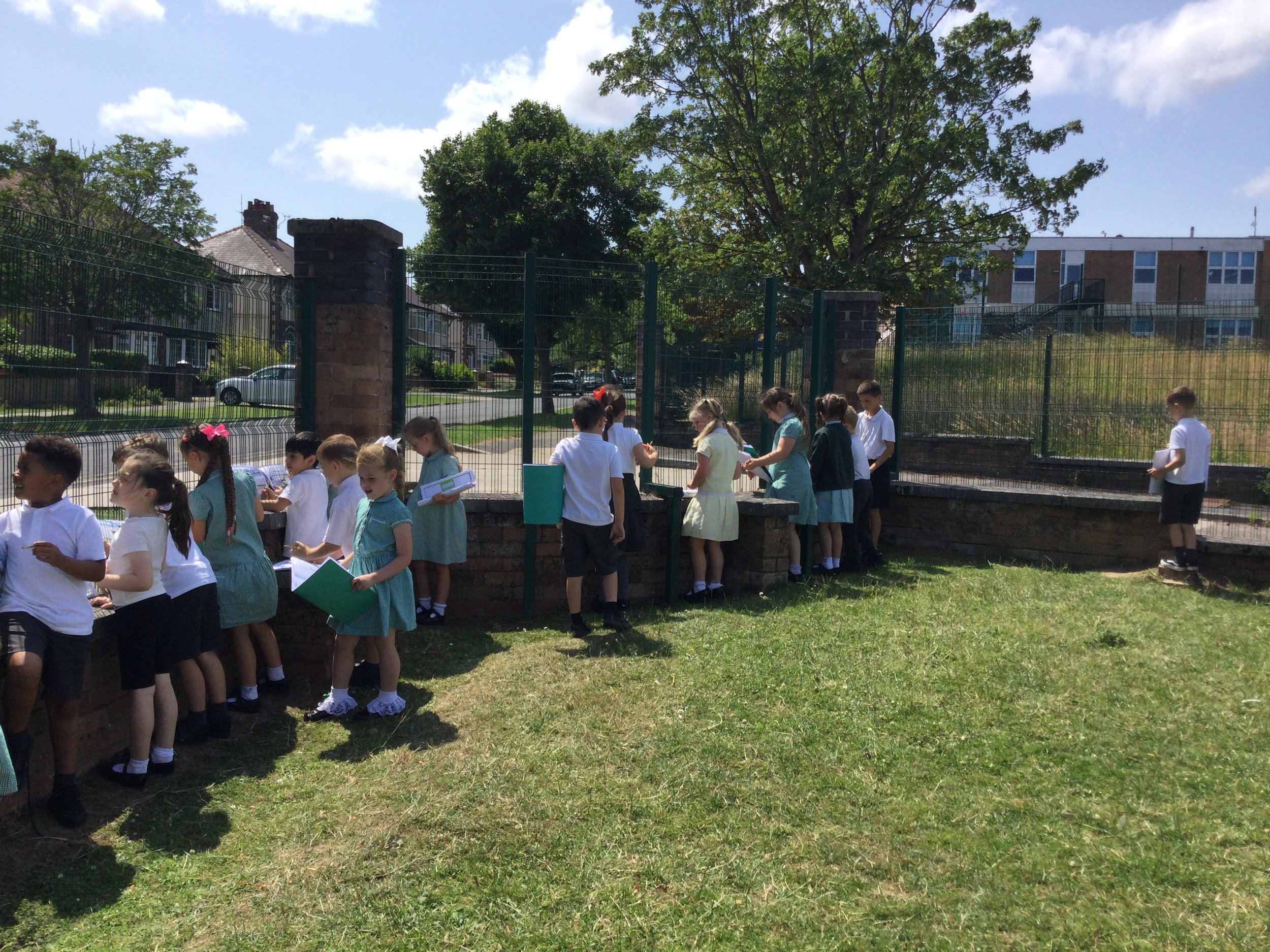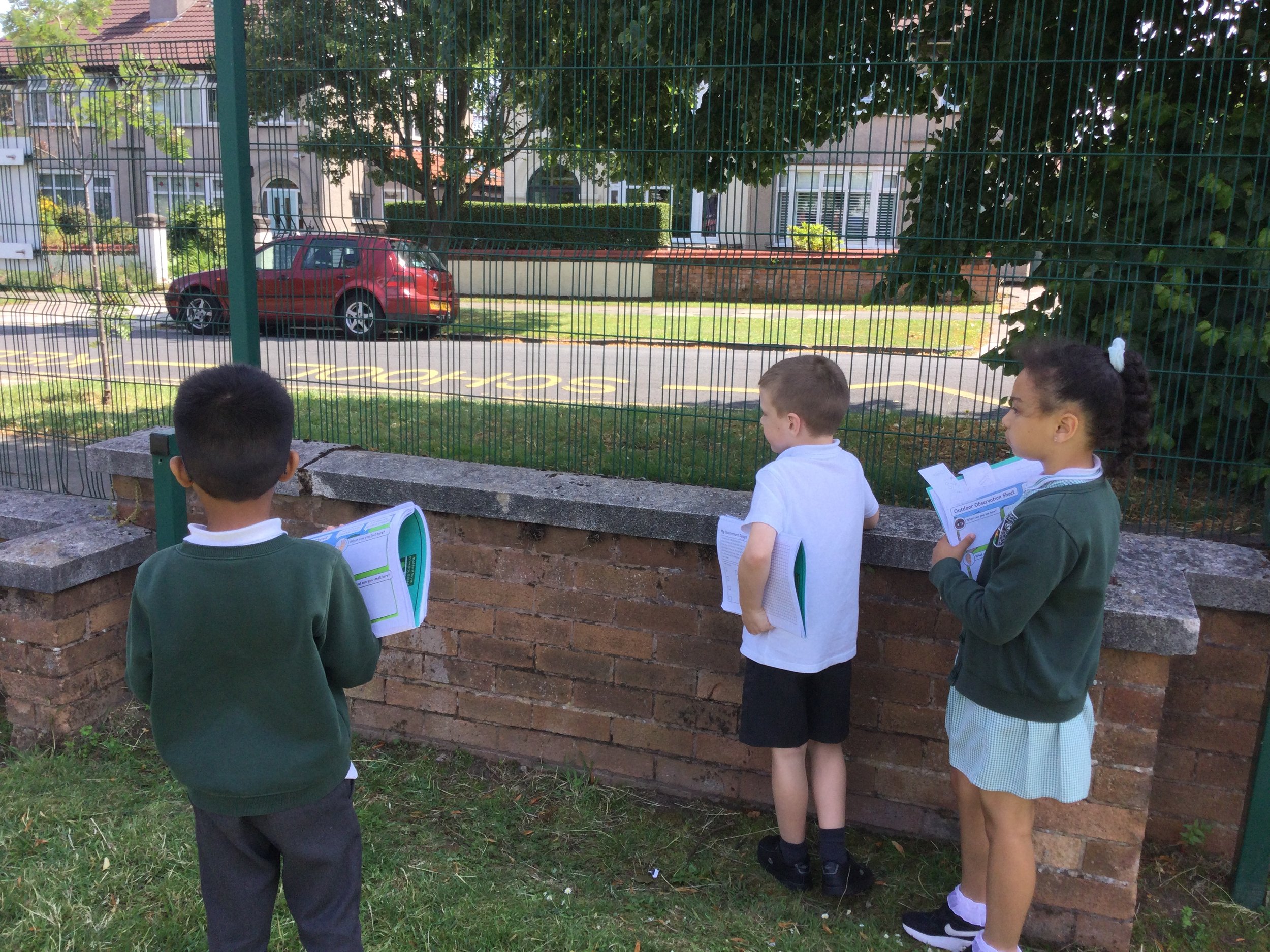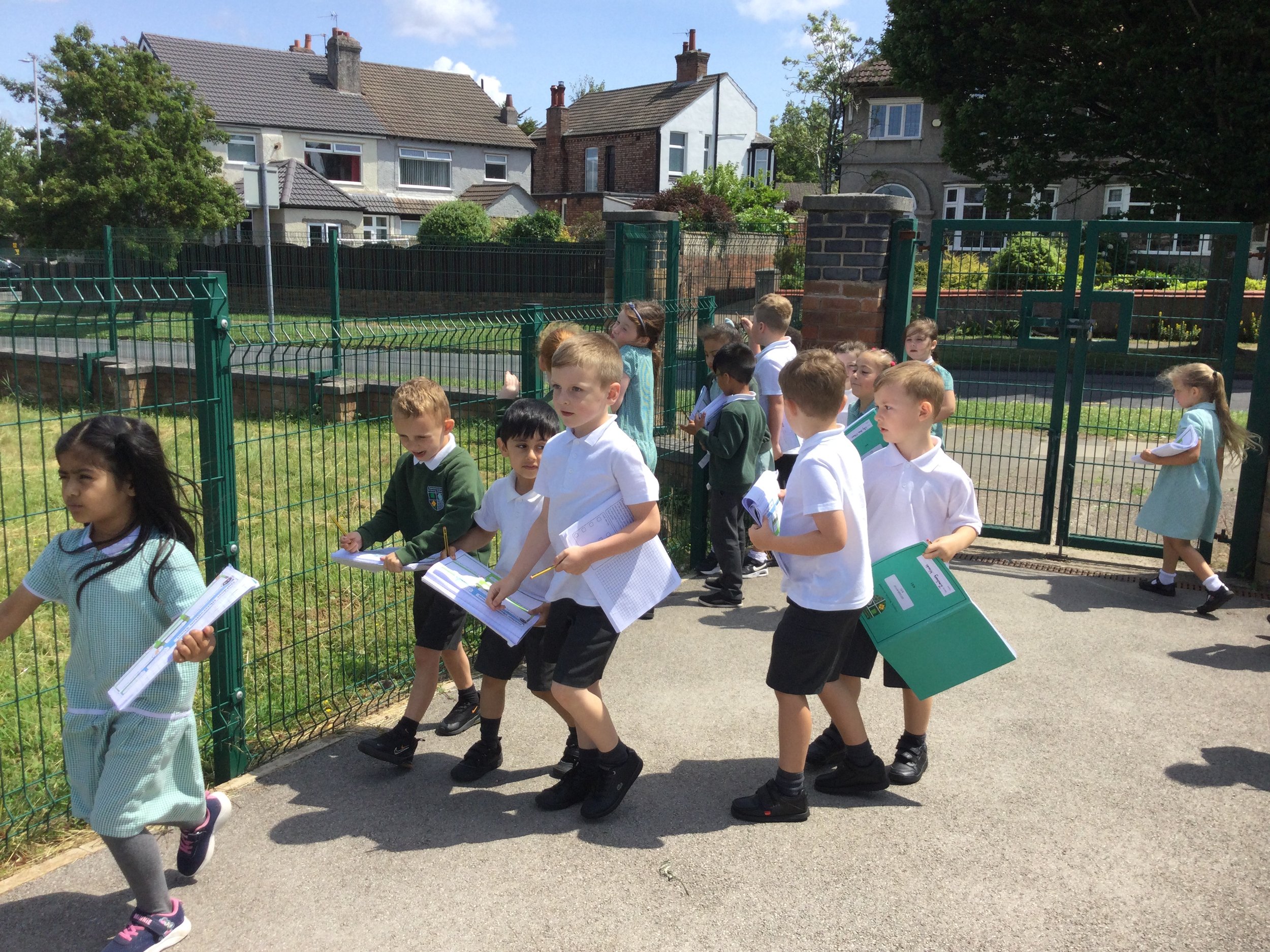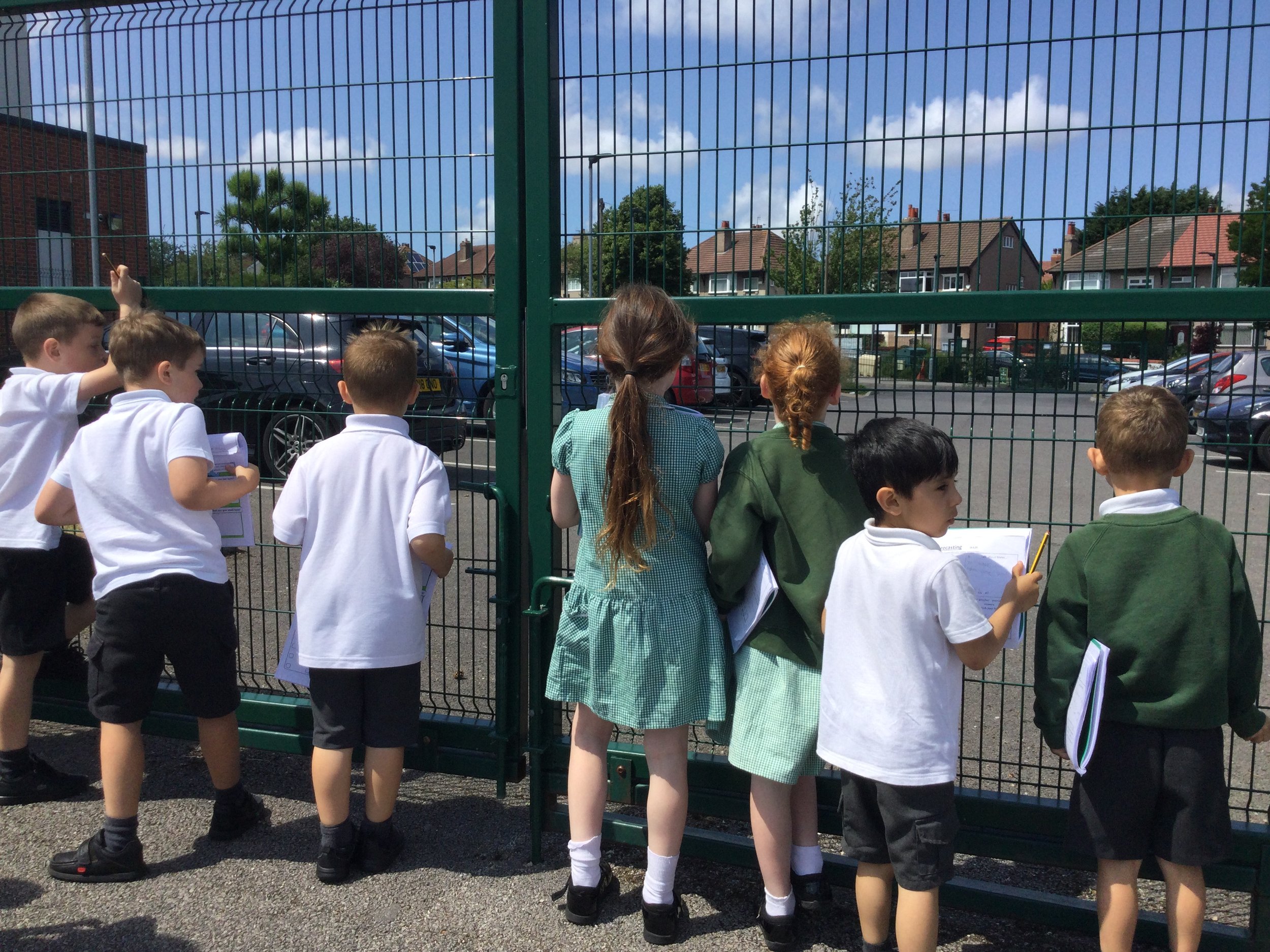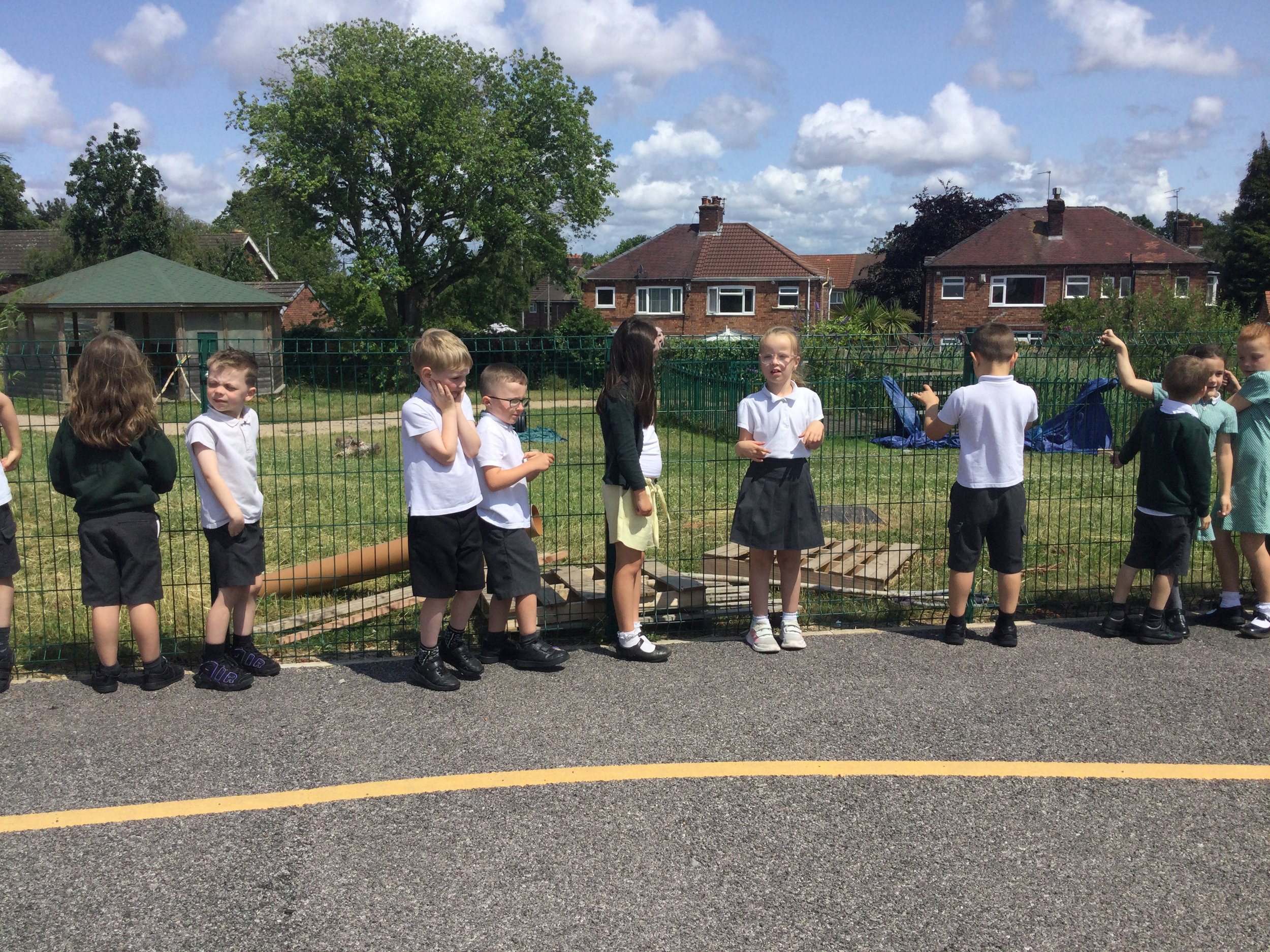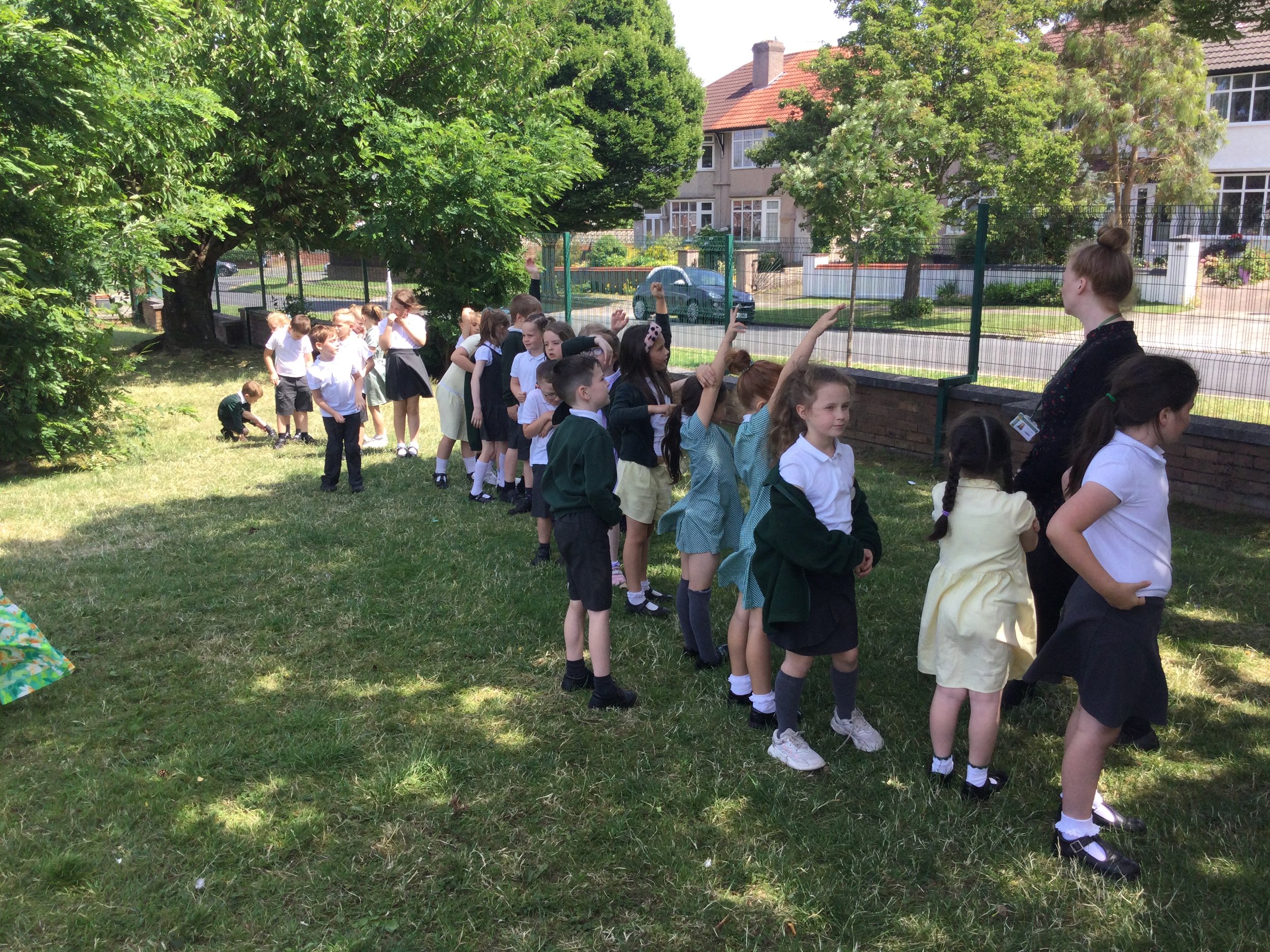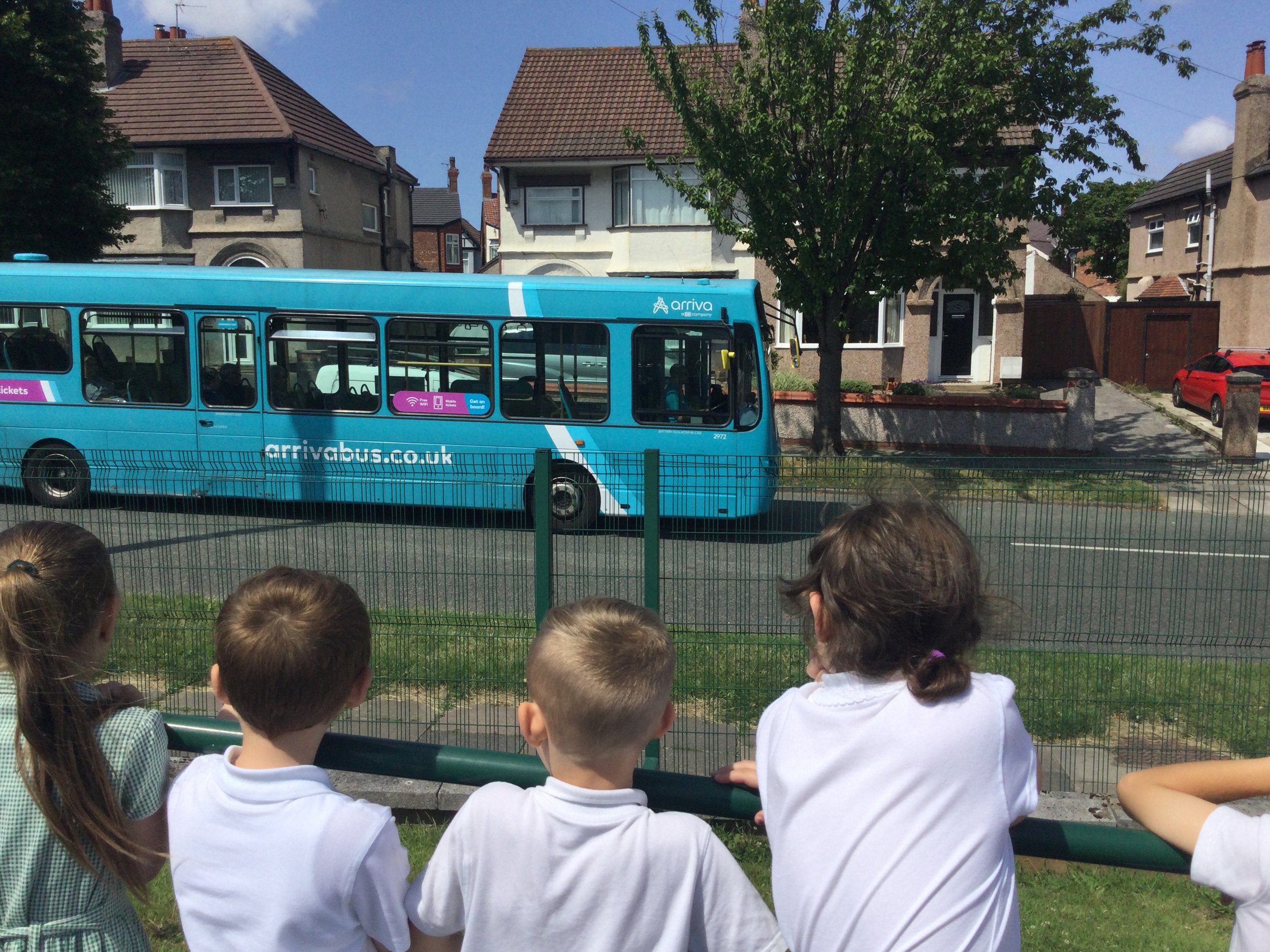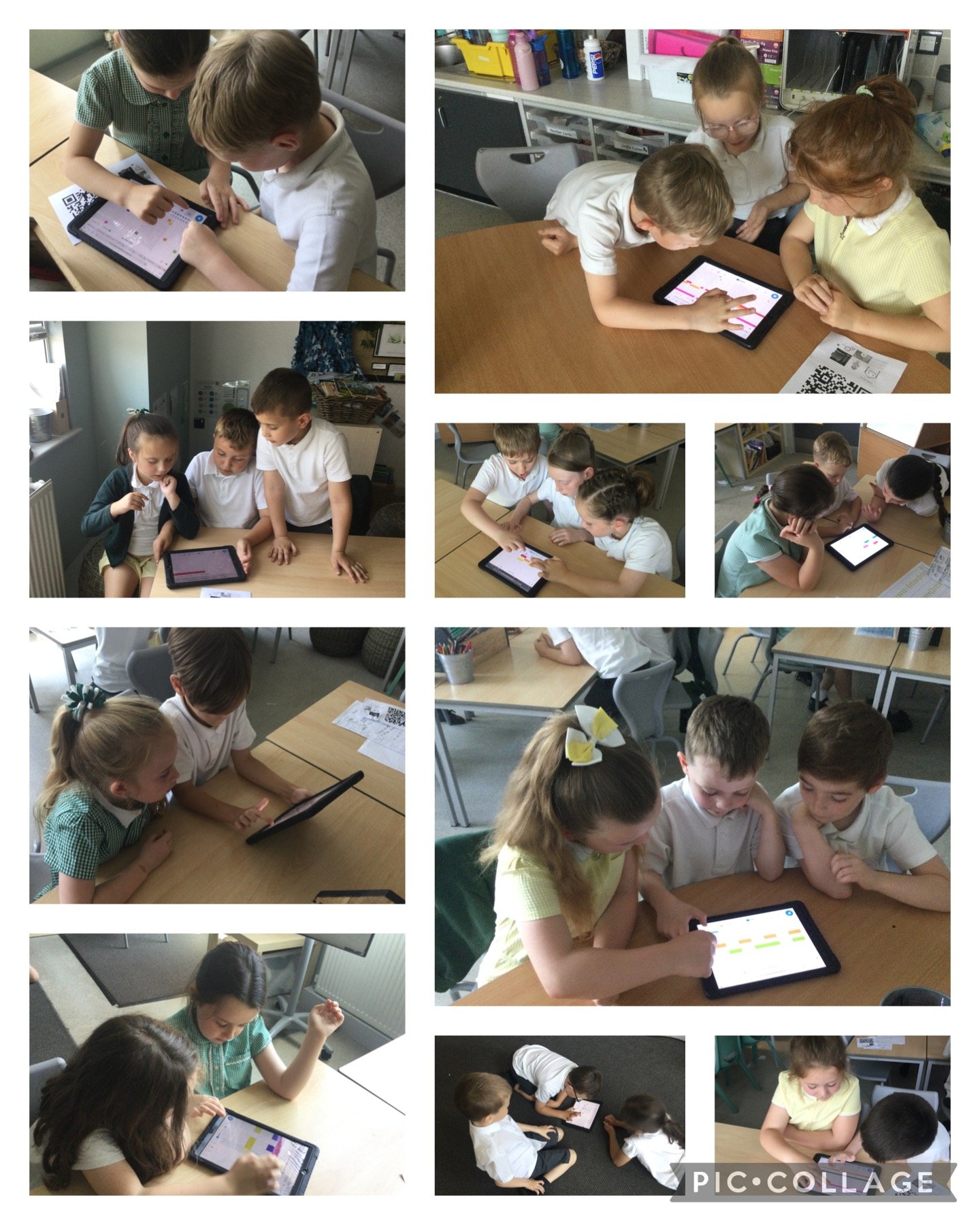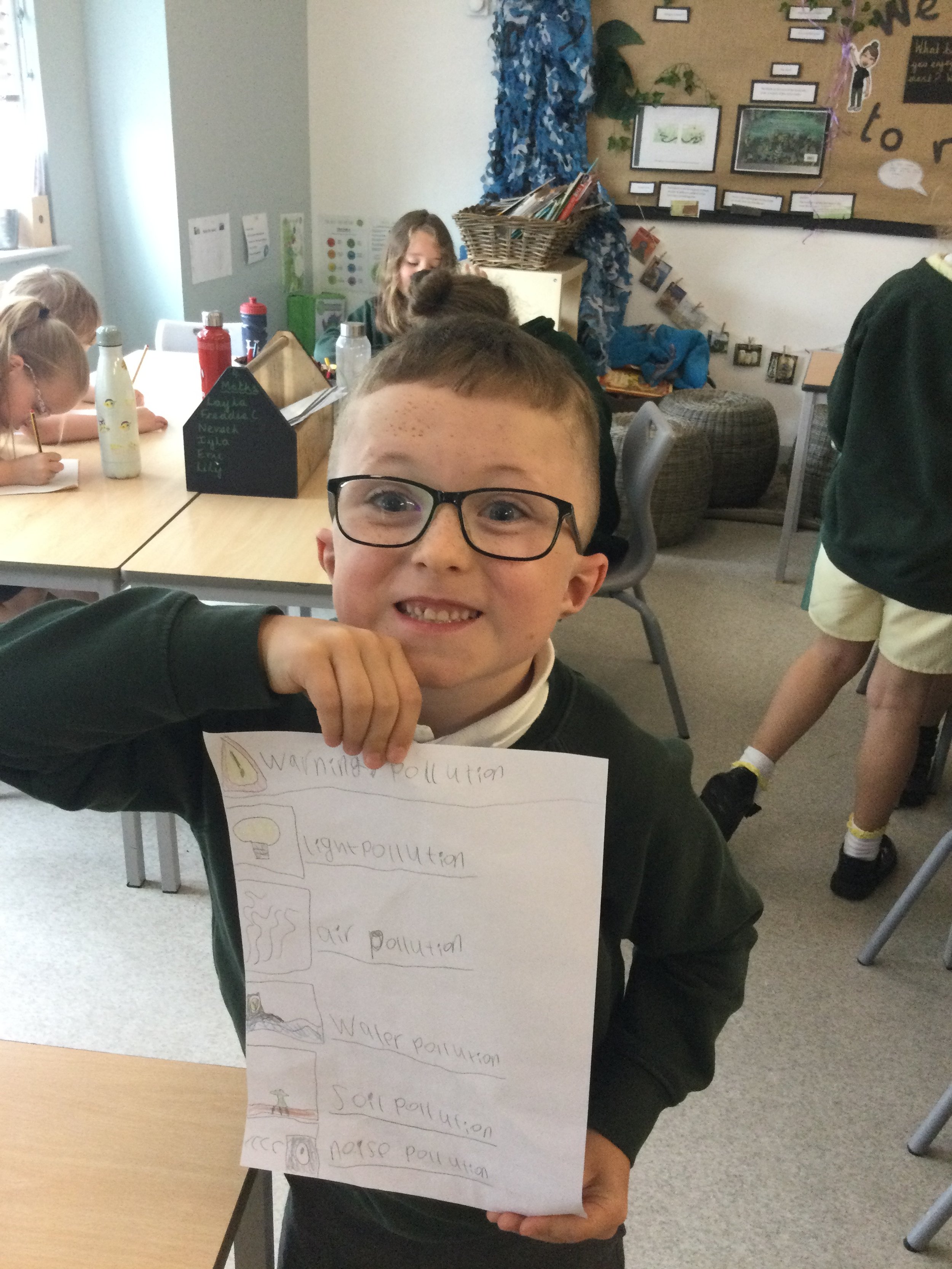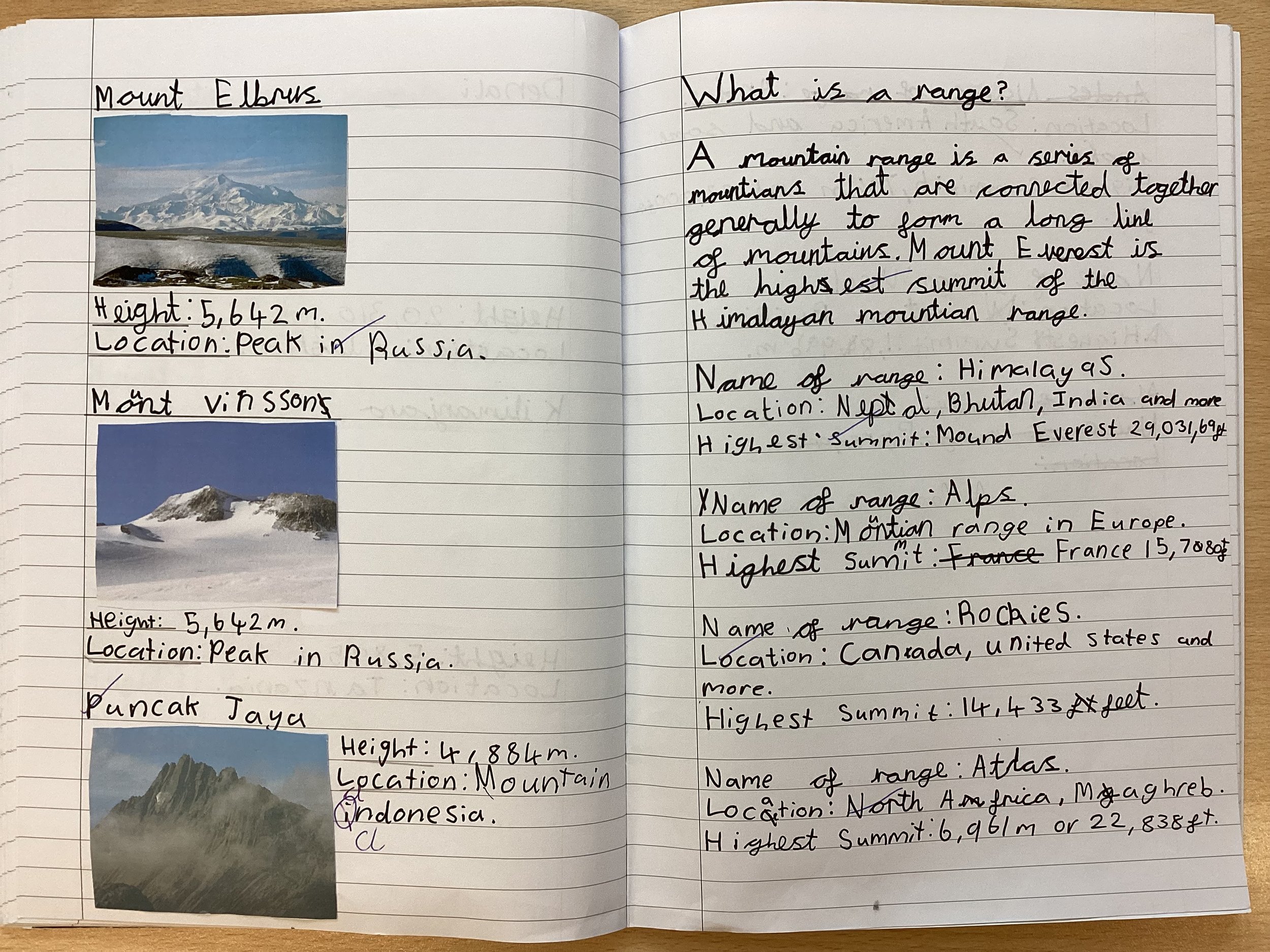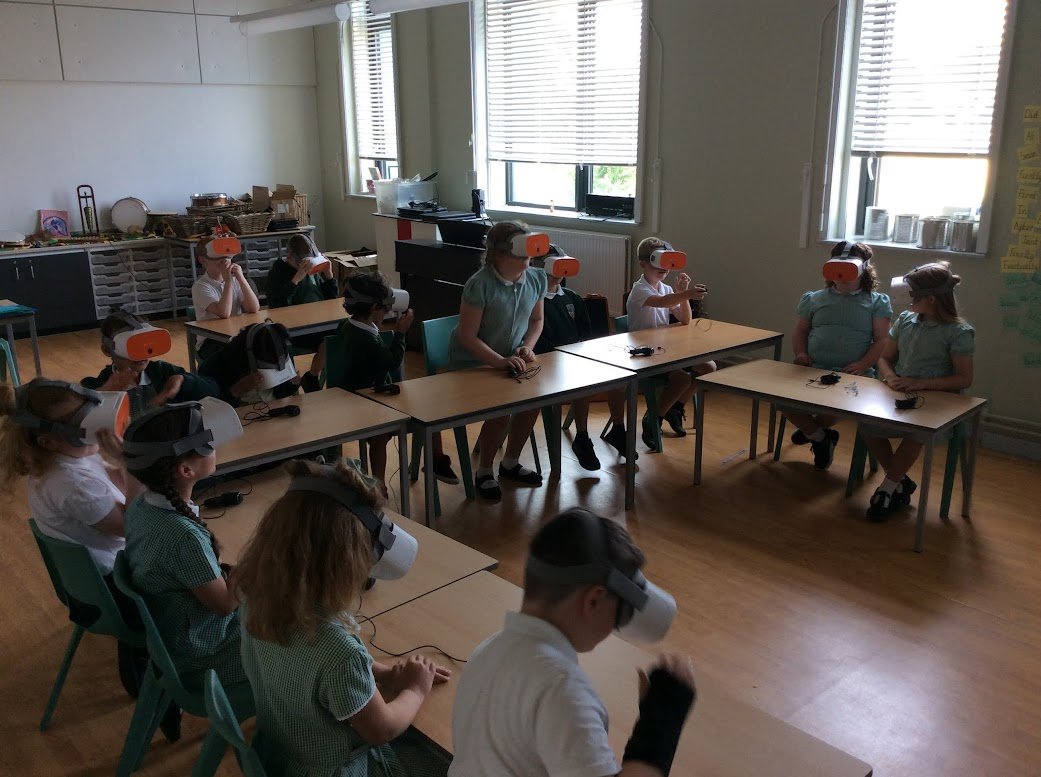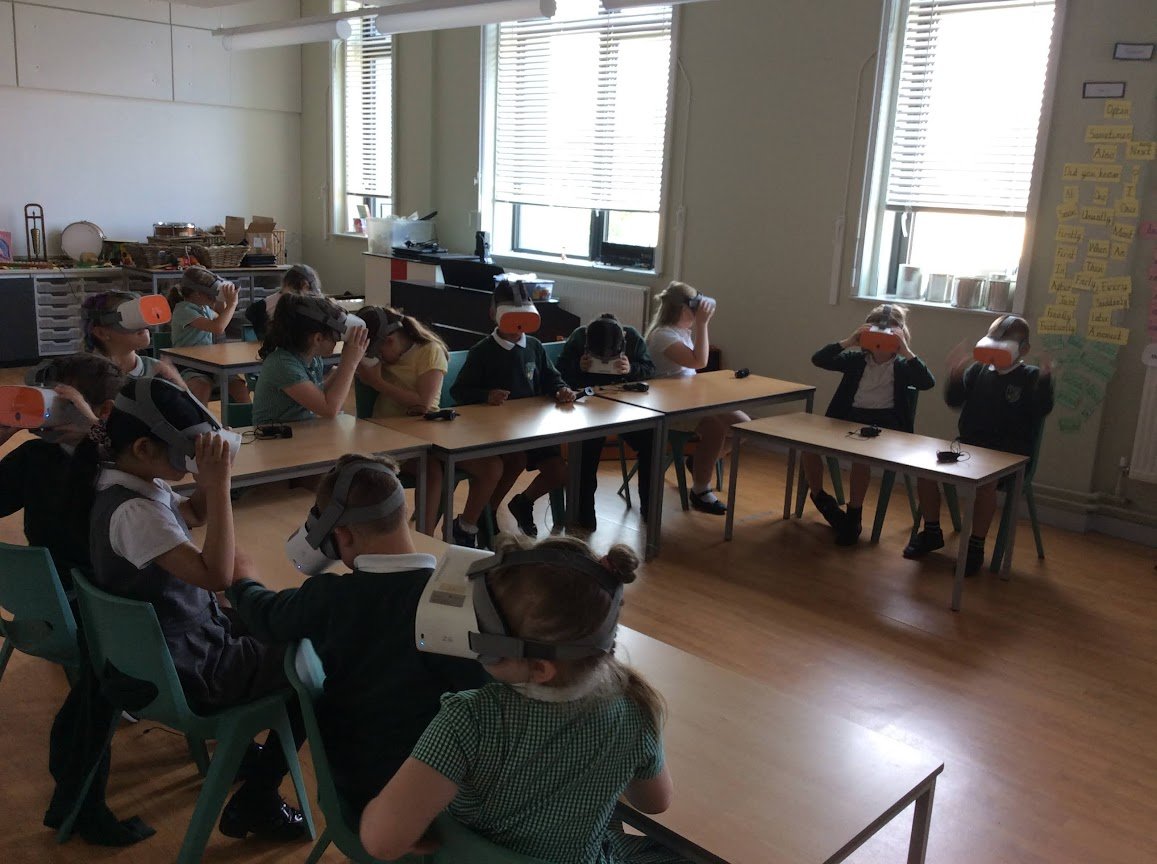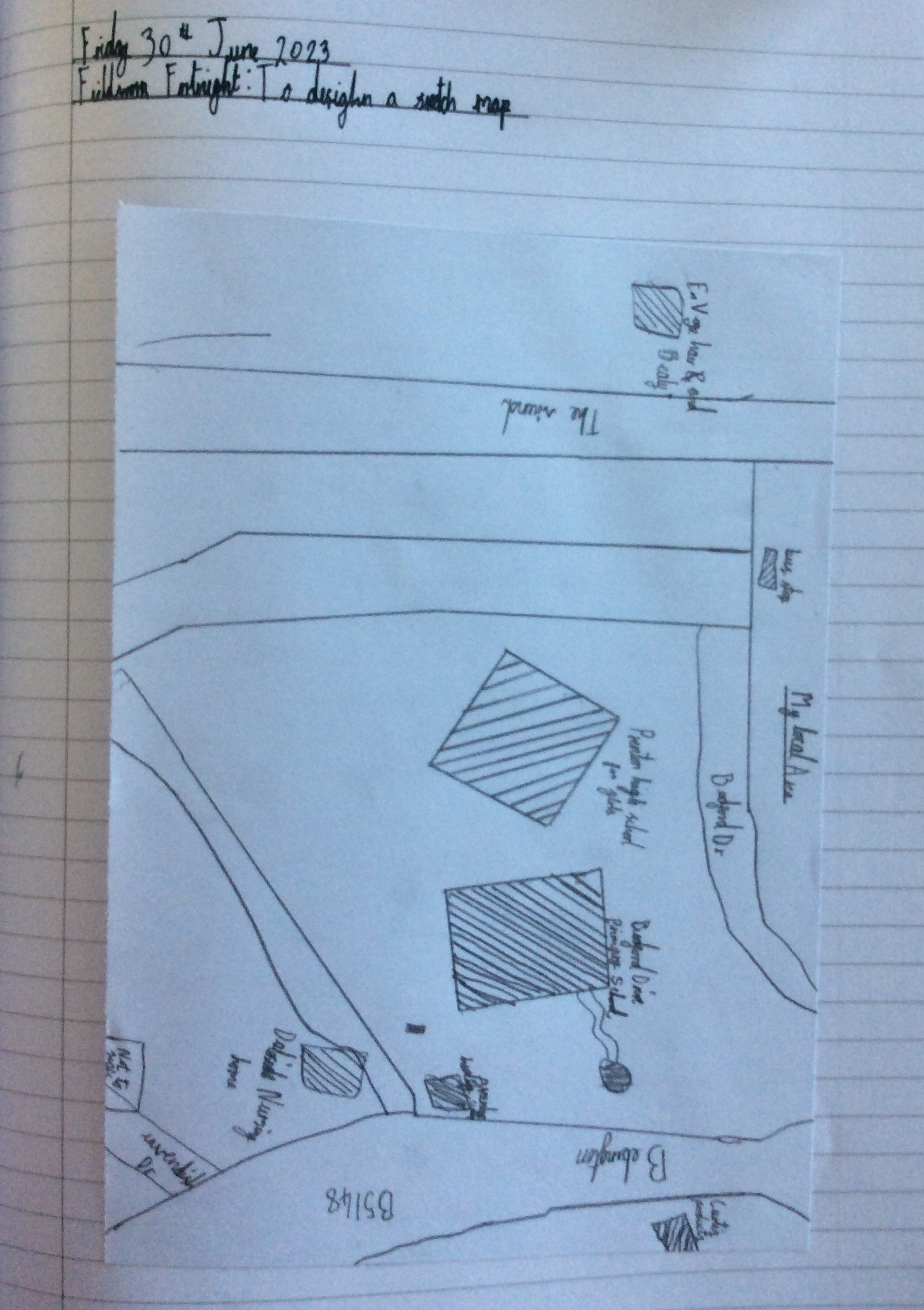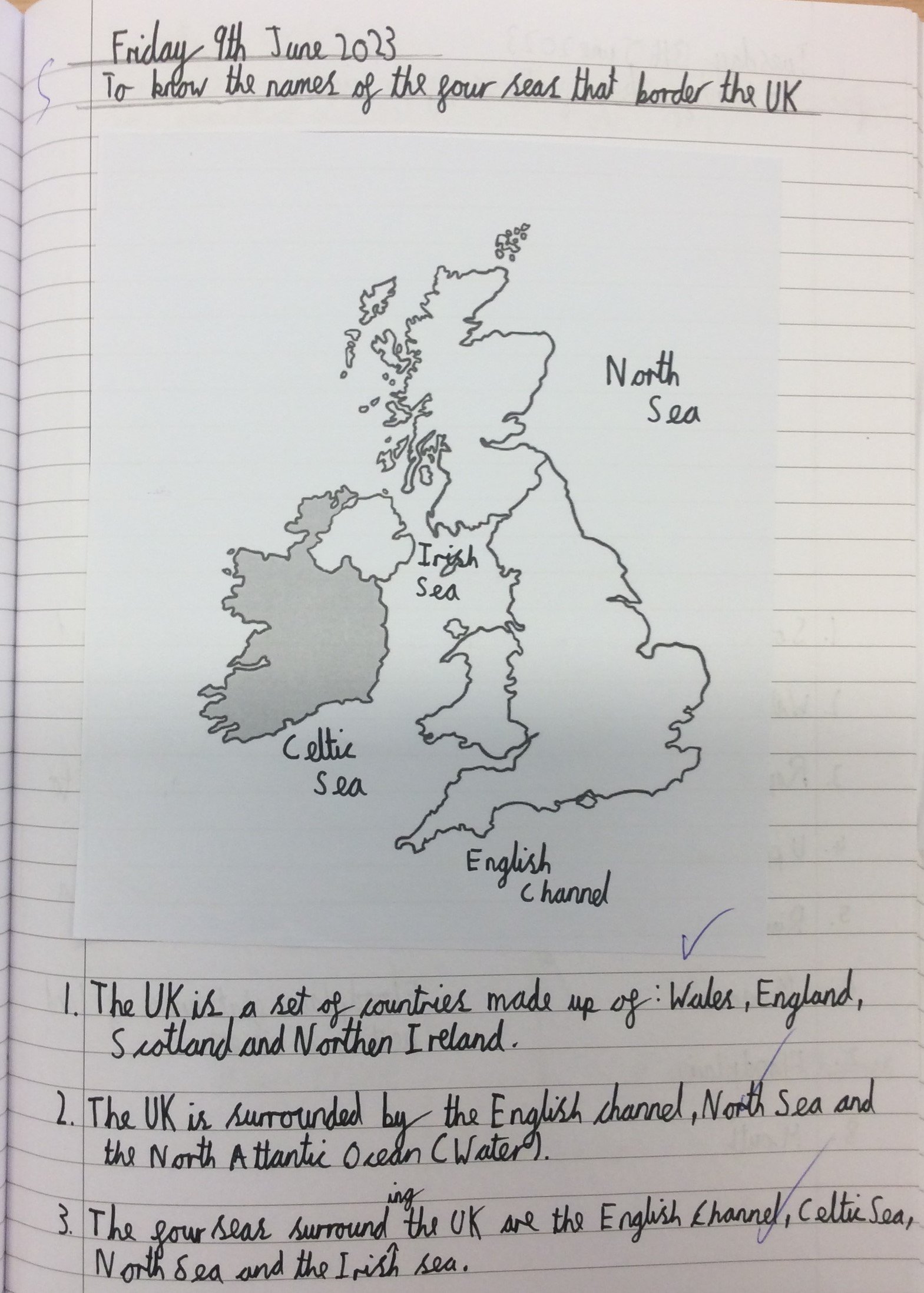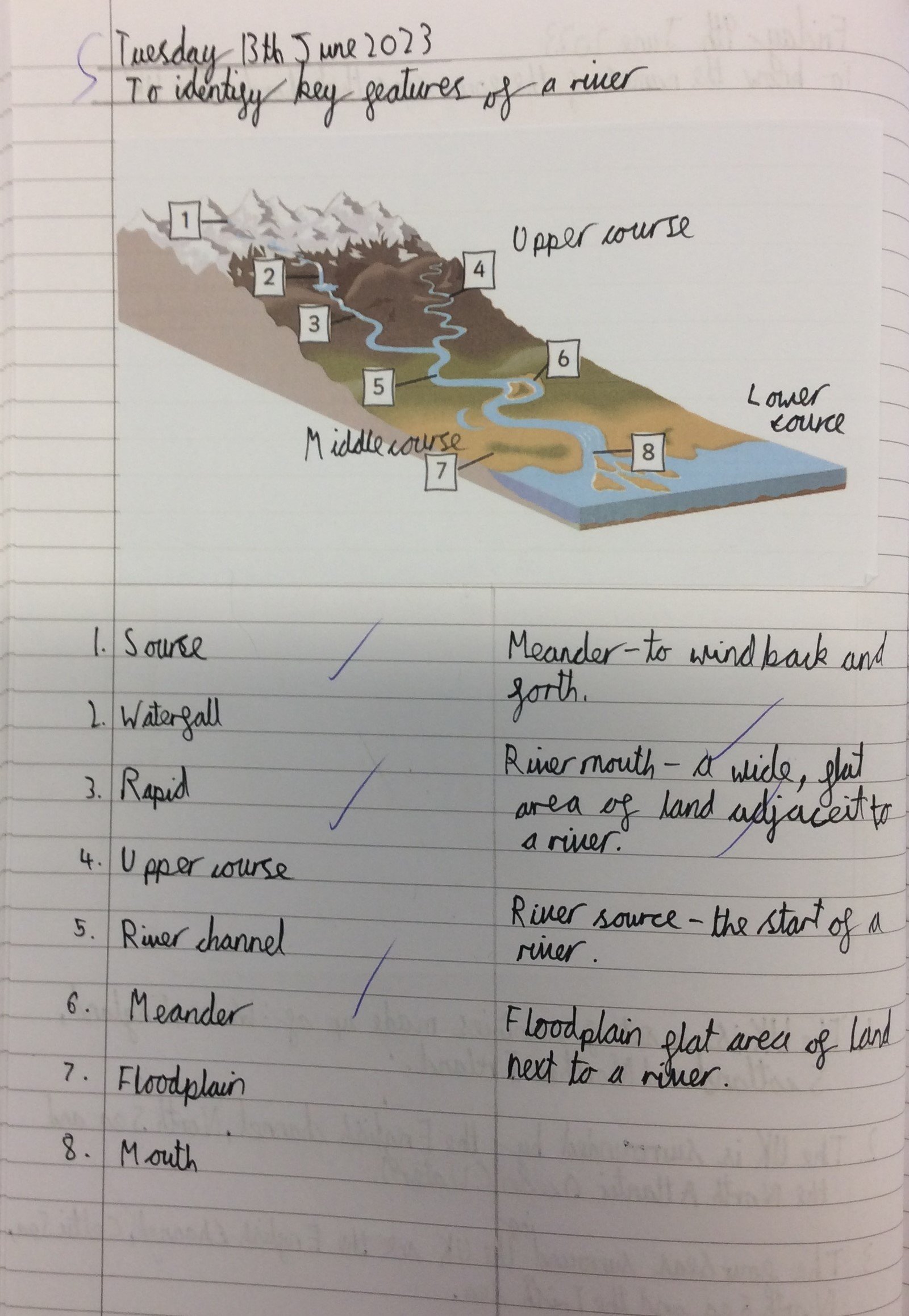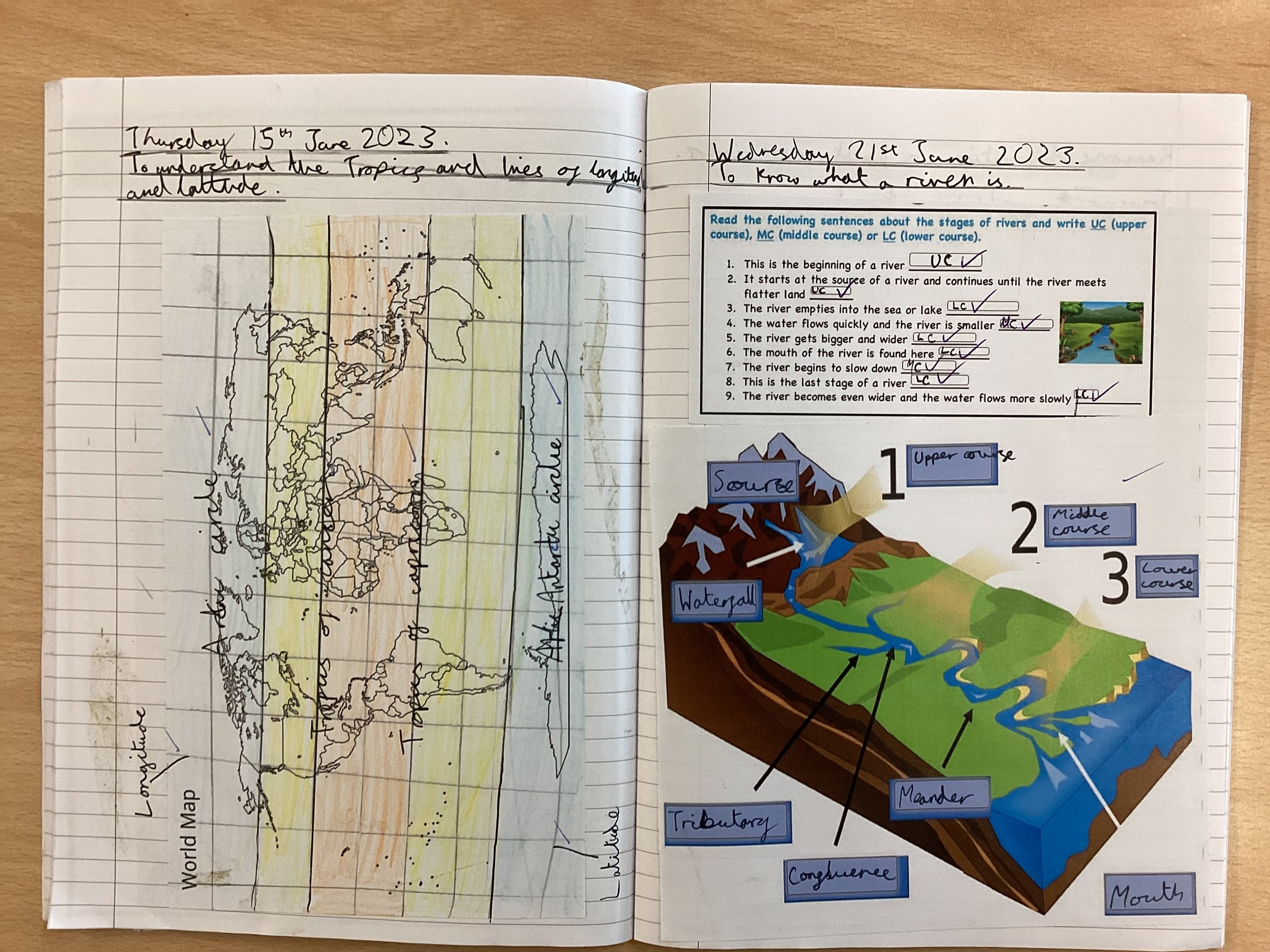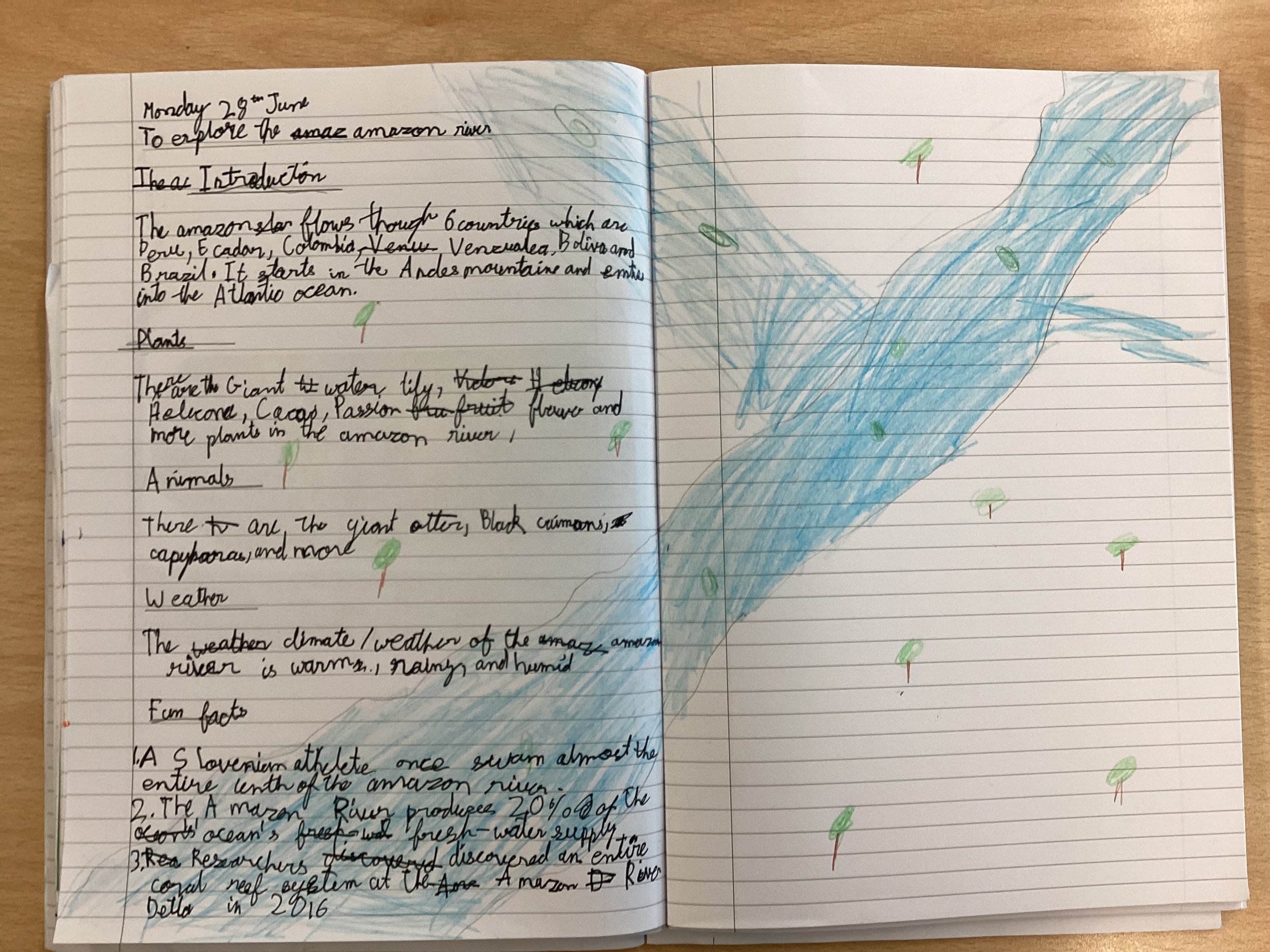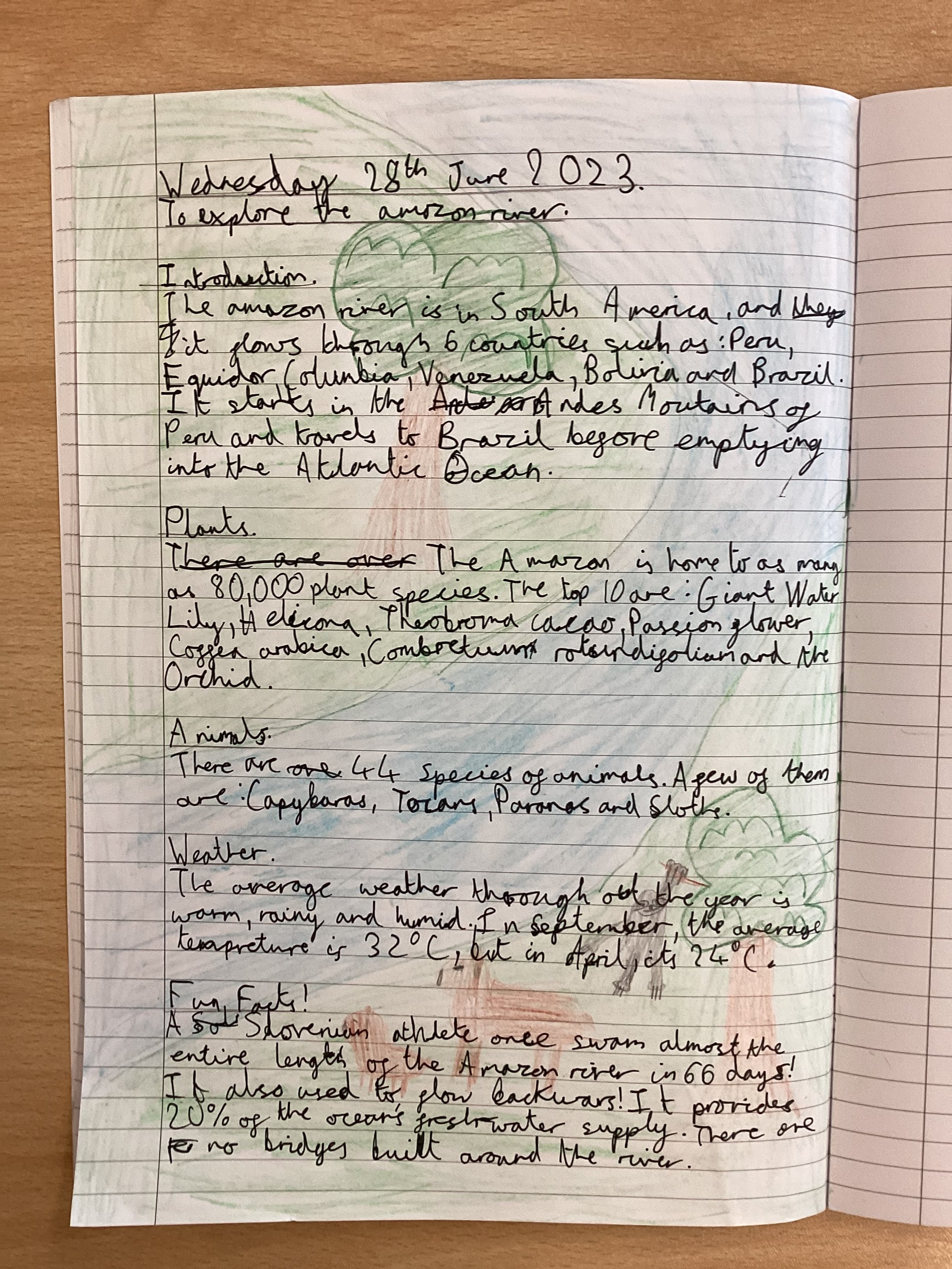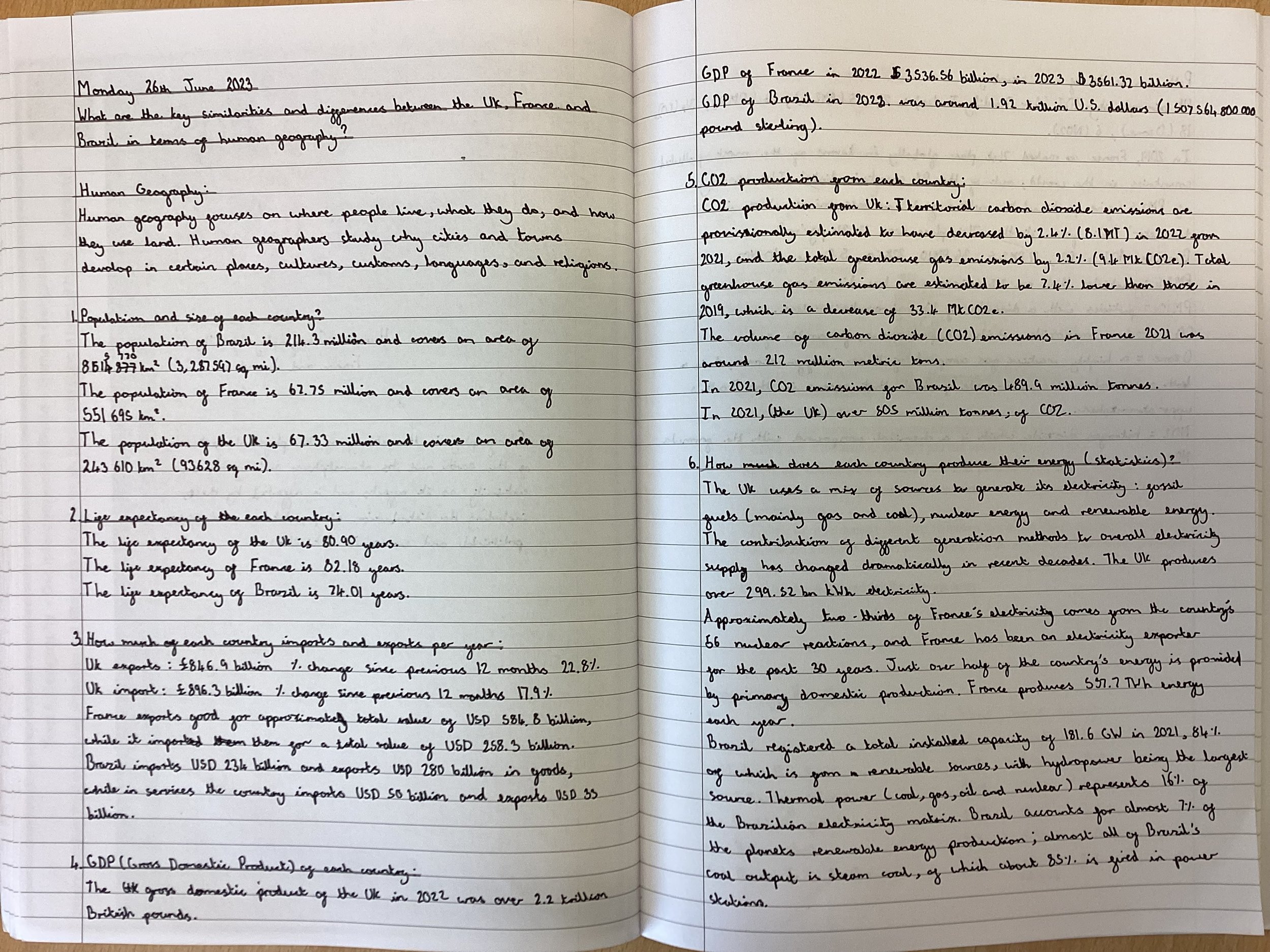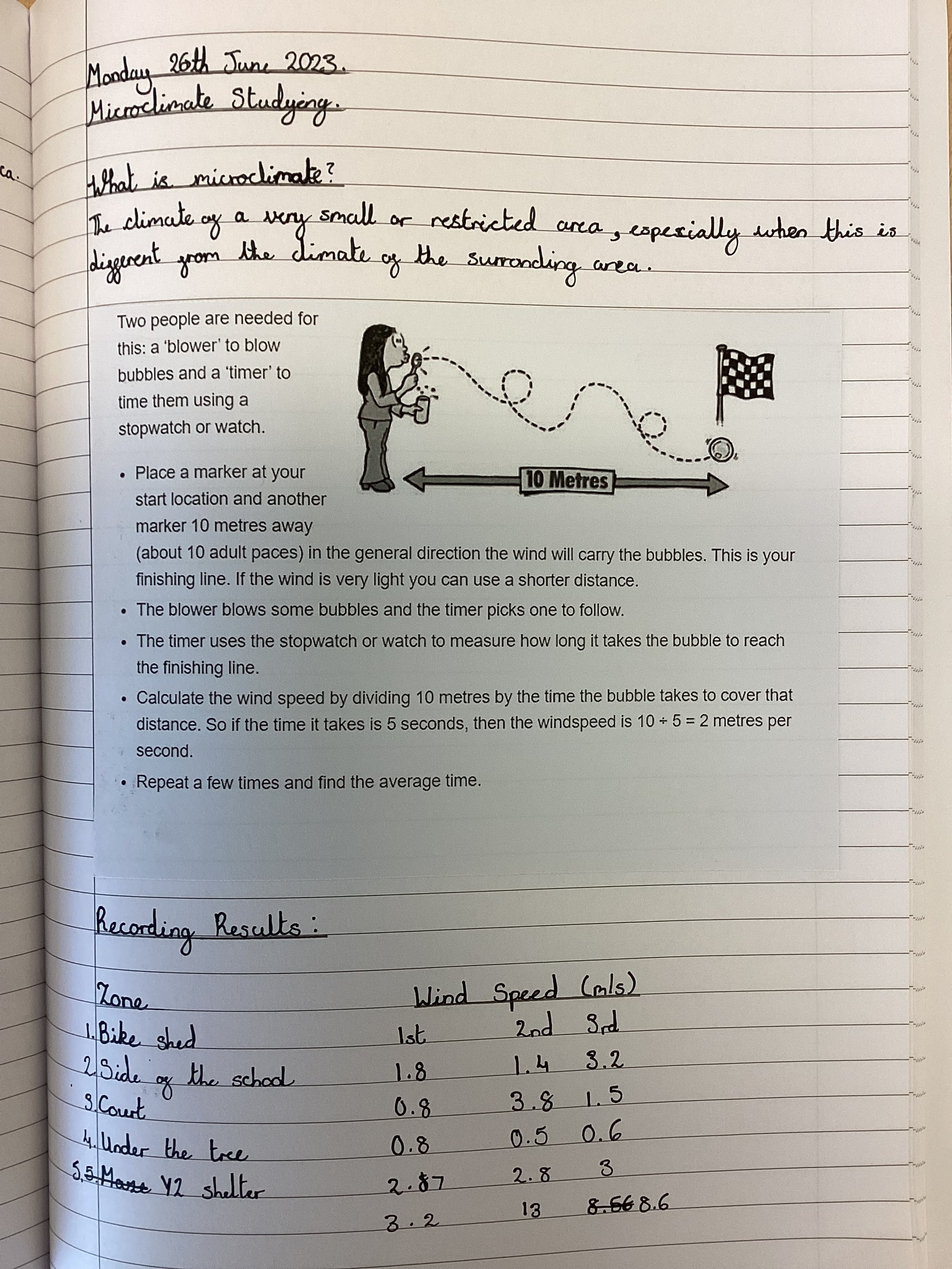Geography at Bedford Drive Primary School
“Geography is a subject which holds the key to our future”
The School has adapted the National Curriculum for Geography as defined by the Department for Education. The National Curriculum for Geography aims to ensure that all pupils:
Develop contextual knowledge of the location of globally significant places – both terrestrial and marine – including their defining physical and human characteristics and how these provide a geographical context for understanding the actions of processes
Understand the processes that give rise to key physical and human geographical features of the world, how these are interdependent and how they bring about spatial variation and change over time
Are competent in the geographical skills needed to:
Collect, analyse and communicate with a range of data gathered through experiences of fieldwork that deepen their understanding of geographical processes
Interpret a range of sources of geographical information, including maps, diagrams, globes, aerial photographs and Geographical Information Systems (GIS)
Communicate geographical information in a variety of ways, including through maps, numerical and quantitative skills and writing at length.
There are a number of ways that you can support with your childs learning at home in Geography, please see below for the suggestions that we have made for you.
From here to there - noticing nature. Looking at the environment, how it changes through the seasons.
Going to the park? Make a map to get there and back.
Visit the Beach of Countryside
Holidays- Can you find the place on the map/ globe? What does the flag look like? What is the culture like?
At Bedford Drive Primary School we have constructed an ambitious Geography Curriculum, which follows the content of the EYFS statutory framework and the National Curriculum. These documents, along with our school policy, are available below:
We would like to share our work and learning
Foundation 1
In Geography, Foundation 1 have been learning about Places. The children have enjoyed sharing photographs from home and talking about places they have visited. They have had the opportunity to look at maps and globes and talk about different countries.
Foundation 2
Foundation 2 have been learning about our local area and its surrounding environments. We have been investigating this further during child initiated continuous provision in many areas such as in our investigation station, curiosity corner and in our home corner.
Year 1
In Year 1, we have explored the different seasons, evaluating the types of weather we experience across all four. We even got to be real life weather presenters using a green screen and a map of the United Kingdom! We have discussed what clothing is appropriate at different times of year and how much daylight we experience. In the summer, we have the longest day and the shortest night!
Year 2
In Year 2, we have been exploring the world around us and in particular coastlines. We have learnt that where the land meets the sea is called a coast and when on a seen on a map this is called a coastline. We have explored cliffs, beaches and oceans across the world. We have discussed human and physical features of the coast including; harbours and lighthouses and what they are used for.
Year 3
Year 3 have looked at Mountains of the World. We built on our prior knowledge of famous landmarks and identified famous mountain ranges around the world. Children looked at how a mountain can be formed with the use of tectonic plates. We looked at fold, volcanic and dome mountains. We then labelled these mountains identifying parts such as peak, plateau and valley. Building upon our map work, children we about to read spot heights and contour lines. We then looked at these on maps understanding how to identify steepness and gradient.
Year 4
In our geography topic ‘Waterways of the UK’, we learned about the four seas that border the UK before moving onto identifying the major rivers of the UK using our atlas skills. We learnt about the features of a river and have discusses why settlements have often been built alongside rivers. During ‘Fieldwork Fortnight’ we learnt how to create a sketch map of the local area surrounding school.
Year 5
In Year 5, we have been learning about the Amazon River and rainforest. The children were first able to explore the magical rainforest through VR headsets seeing the different plants and animals that live there. The children were able to learn about the features of a river and then used this information, plus their own research to create an information page about the Amazon River! The children have explored the different layers of the rainforest and made a pledge to help reduce deforestation in order to protect it from further destruction.
Year 6
In Year 6, we have been learning about human geography with a focus on UK, France and Brazil. We researched the UK, France and Brazil to discover features of human geography including population, life expectancy, imports and exports, GDP, energy production and pollution emissions. We used this information to create a presentation to educate other people about what they have learnt. In addition to this, we conducted some fieldwork and investigated whether Bedford Drive has a microclimate. We measured wind speed in different locations and compared them to see whether there was a significant difference - we concluded that there was!
United Kingdom Song - https://www.youtube.com/watch?v=RvDIZoQLgIE
Continents Song - https://www.youtube.com/watch?v=35V2dm7JIwE
Geography Games (Countries, capital cities, flags, rivers, lakes, and geological features) - https://www.seterra.com/
Country / Terrain Guessing Game - https://worldle.teuteuf.fr/
